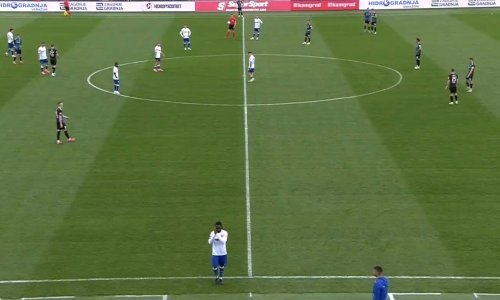Commenting on the latest statistics indicating a major decline in Croatia's industrial production, Finance Minister Slavko Linic said on Wednesday that he was particularly worried about the production of oil products and electricity, as well as about the shipbuilding industry.
The refineries work very little, oil products are being imported and that paves the way for their closure, which is sad and is not what the government wants, nor should it be the policy of INA's owner, Linic said at a news conference at which the Croatian Bank for Reconstruction and Development presented its new lending schemes.
Linic added that the state-owned power supplier HEP would not have been affected by the drought to the extent to which it had been affected if it had invested into reservoir lakes and produced and exported electricity instead of importing it.
Another problem is the shipbuilding industry, which has to be restructured, Linic said, adding that one should also see to it that the steel mill in Sisak started operating again.
The minister said the contraction in industrial output was not due to foreign markets but due to Croatia's having shunned industrial development and turned to import, while neglecting its very competitive industrial branches.
Asked if the weakening industrial output would affect GDP, he said it would, adding that it was necessary to increase the production of oil and natural gas, launch investments in the HEP, the Sisak steel mill and the shipbuilding industry, and start restructuring the state-owned railway operator HZ and development of a new passenger train.
Croatia's industrial production plunged 9.4% this April in comparison to April 2011, which is its biggest contraction since November 2009 (-9.9%) and considerably higher than what macroeconomic analysts had expected.
According to the seasonally adjusted figures, industrial output went up 1.2 percent in April month on month but dropped 9.4% year on year.
Industrial production in the first four months of 2012 contracted by 7.1% in comparison to the corresponding period in 2011.
Asked to comment on data showing that more than 80,000 workers did not receive pay, Linic said employers were responsible for that.
Business owners must secure salaries and there are possibilities for securing money for salaries, particularly since companies have been enabled to borrow money with less strict guarantees than was the case before, Linic said.
As for state-owned companies, he said their management boards were obliged to pay salaries regularly and that if they were unable to do so, they should take the necessary measures.



































